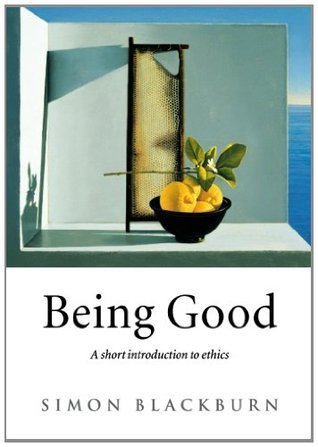What do you think?
Rate this book


176 pages, Paperback
First published January 1, 2001
The alternative suggested by Plato's dialogue is that religion gives a mythical clothing and mythical authority to a morality that is just there to begin with. Myth, in this sense, is not to be despised. It gives us symbolism and examples that engage our imaginations. It is the depository for humanity's endless attempts to struggle with death, desire, happiness, and good and evil. When an exile reminisces, she will remember the songs and poems and folktales of the homeland rather than its laws or its constitution. If the songs no longer speak to her, she is on the way to forgetting. Similarly, we may fear that when religion no longer speaks to us, we may be on our way to forgetting some important part of history and human experience. This may be a moral change, for better or worse. In this analysis, religion is not the foundation of ethics, but its showcase or its symbolic expression.When I was working on my PhD in Mythological Studies, I often wished we had a summary this succinct.
In other words, we drape our own standards with the stories of divine origin as a way of asserting their authority. We do not just just have a standard of conduct that forbids, say, murder, but we have mythological historical examples in which God expressed his displeasure at cases of murder.